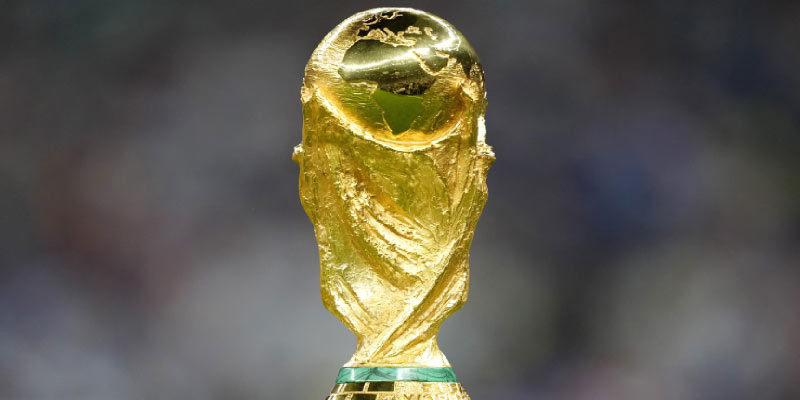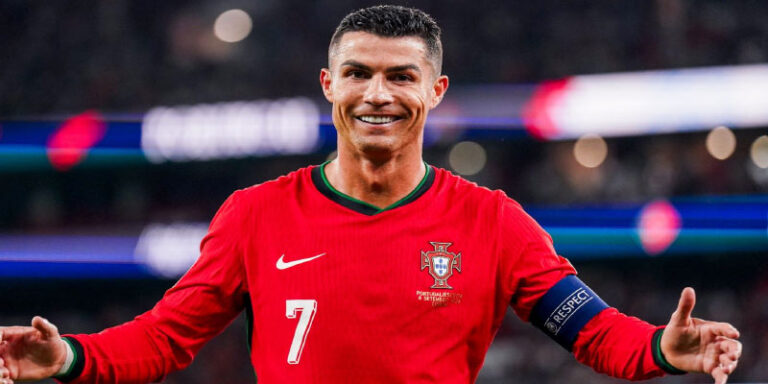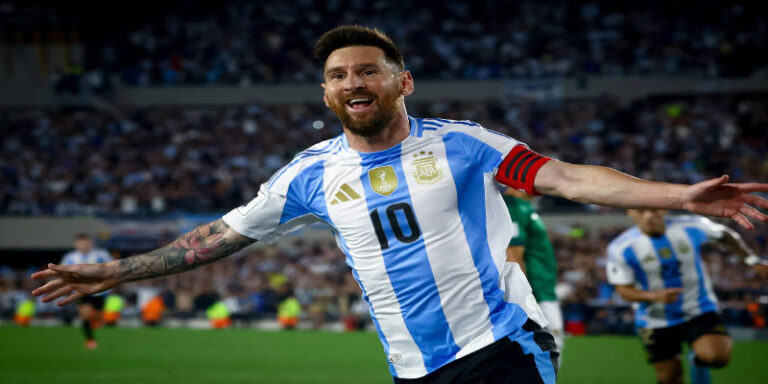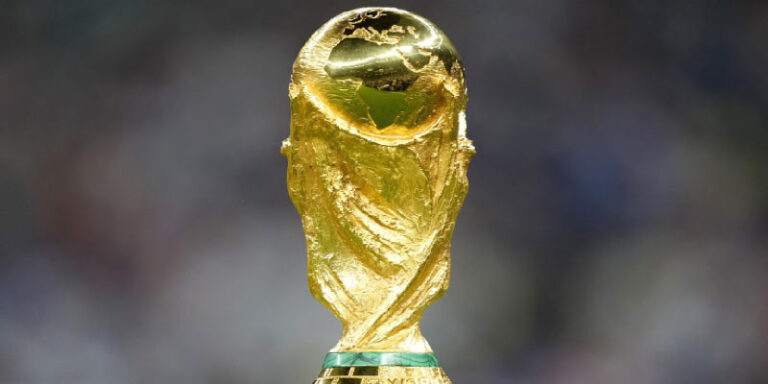
What Makes the FIFA World Cup So Addictive?
Every four years, the world halts as the FIFA World Cup transforms football into a global celebration. More than a tournament, it’s a spectacle of passion, drama, and unity—where legends rise, dreams crash, and entire nations cheer as one. From breathtaking goals to shocking upsets, each edition rewrites history while reflecting the heartbeat of different cultures. The World Cup doesn’t just crown champions—it defines eras, connects generations, and turns ordinary players into global icons. This deep dive journeys through the magic and madness of the FIFA World Cup, revealing how it became the most powerful force in world football.
Top Teams in FIFA World Cup History
Certain teams have consistently showcased exceptional talent and determination in the FIFA World Cup, establishing themselves as powerhouses in the realm of international football.
The Dominance of Brazil
Brazil holds the record for the most World Cup titles, with five championships to their name. The Brazilian team is renowned for its attacking style of play, flair, and iconic players such as Pelé and Zico. The 1970 Brazilian squad, often regarded as the best team in World Cup history, captivated audiences with their mesmerizing football and teamwork.
Brazil’s footballing ethos not only emphasizes skill but also creativity and passion for the game. Their ability to entertain fans while maintaining a competitive edge has solidified their place in football lore.
Germany’s Resilience and Tactical Prowess
Germany has a rich World Cup history, with four titles to their name. The team’s success can be attributed to a strong tactical foundation and a remarkable ability to adapt to different playing conditions. Germany is famous for its disciplined approach, often employing a fluid and organized style of play.
Significant victories, such as the iconic 7-1 triumph over Brazil in the 2014 semi-finals, exemplify Germany’s capabilities on the big stage. Their remarkable consistency in reaching the later stages of the tournament over the decades showcases their resilience and determination.
The Rise of New Powerhouses
In recent years, nations such as France and Italy have made their mark, adding fresh narratives to the World Cup history. France’s youthful talent led them to victory in 1998 and again in 2018, showcasing the resurgence of a nation steeped in football tradition. Italy, with their remarkable defensive tactics, has also demonstrated their prowess by securing four World Cup titles.
The emergence of these nations as competitive forces reinforces the tournament’s unpredictability and excitement. It illustrates how football continually evolves, giving rise to new champions and memorable moments.
Famous FIFA World Cup Moments
The FIFA World Cup has produced countless memorable moments that have become etched in the hearts of fans worldwide. These highlights showcase the drama, skill, and passion that define the tournament.
The Miracle of Bern
One of the most iconic moments in World Cup history occurred in 1954 during the final between West Germany and Hungary, known as the “Miracle of Bern.” Despite being strong favorites, Hungary took an early lead. However, West Germany demonstrated resilience and skill, eventually winning 3-2. This dramatic upset established Germany’s reputation for tenacity and forever changed the landscape of international football.
Diego Maradona’s Hand of God
In 1986, Diego Maradona delivered one of the most controversial moments in World Cup history during the quarter-final match against England. Maradona’s infamous “Hand of God” goal, where he used his hand to punch the ball into the net, generated significant debate. Just minutes later, he scored a breathtaking solo goal, solidifying his status as one of the greatest footballers of all time.
This match encapsulated the essence of the World Cup—a blend of genius, controversy, and drama that captivates audiences around the world.
The 1998 World Cup and the French Revolution
The 1998 FIFA World Cup, hosted by France, witnessed a remarkable tournament and a historic final where the host nation faced Brazil. France achieved a stunning 3-0 victory, marking their first World Cup title. This tournament not only showcased emerging stars like Zinedine Zidane but also represented a turning point for French football. The success of the national team ignited a sense of national pride and unity, reflecting the power of sport to unify people.
FIFA World Cup Eligibility and Qualifiers
The journey to the FIFA World Cup begins long before the tournament commences, as nations compete in a rigorous qualification process that determines which teams will earn the coveted spots at the world’s biggest football stage.
The Qualification Process
The FIFA World Cup qualification process is an intricate scheme designed to ensure competitive balance among participating nations. Each of FIFA’s six confederations conducts regional qualifiers to determine which teams advance to the tournament.
This process is essential for maintaining the integrity of the competition, allowing smaller footballing nations the opportunity to showcase their talent. The matches often feature intense rivalries and passionate supporters, heightening the anticipation for the final tournament.
Allocating Spots for Nations
The number of qualifying spots allocated to each confederation varies based on the overall strength of football in that region. For example, UEFA, the European confederation, holds the highest representation with 13 spots, while regions like CONCACAF, CAF, AFC, and OFC have fewer slots to contest.
The system ensures that every continent has representation, promoting diversity and global engagement in the tournament.
Impact on Global Football Development
The qualification process has a profound impact on football development in underrepresented regions. Nations that qualify for the World Cup often experience a surge in interest in the sport, leading to increased funding, infrastructure improvements, and grassroots initiatives. This legacy fosters the growth of football in communities and establishes a stronger foundation for future generations of players.



